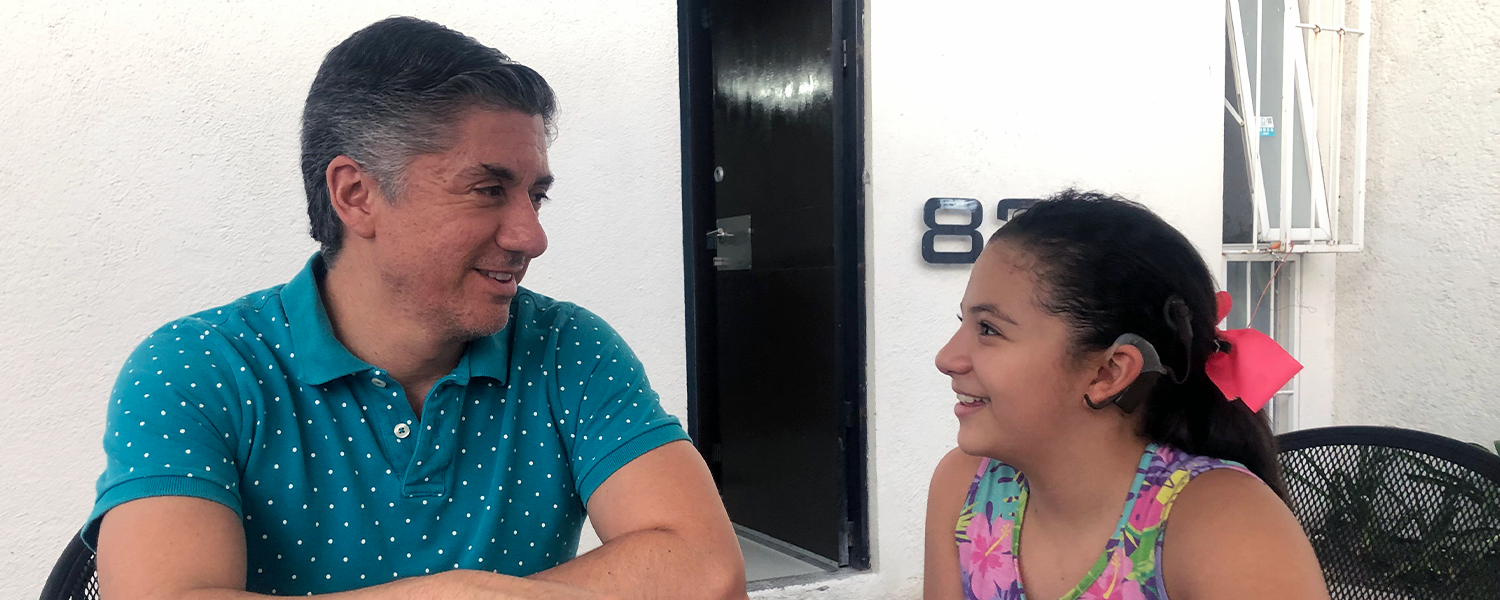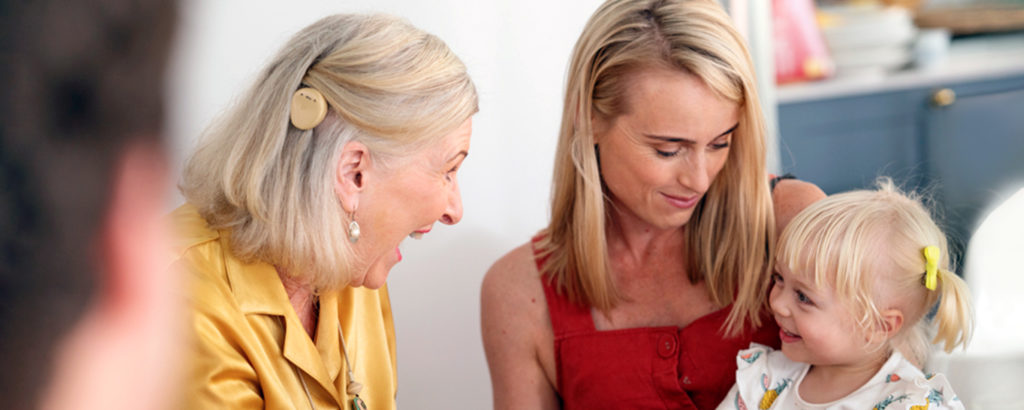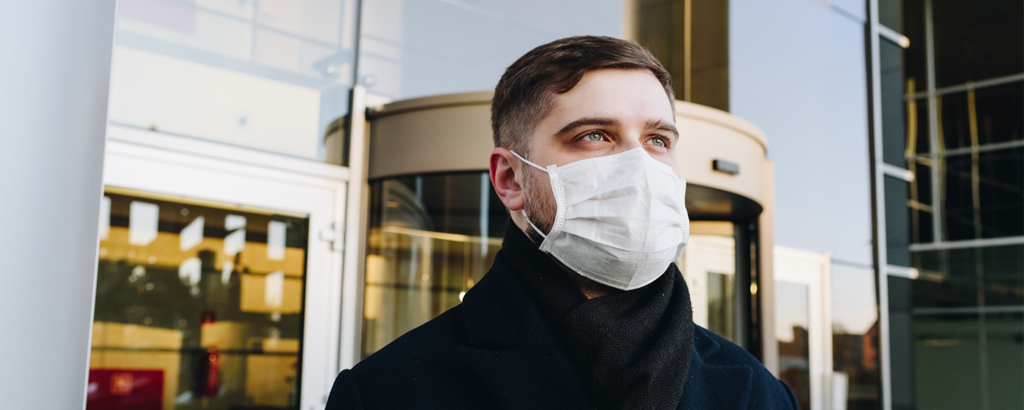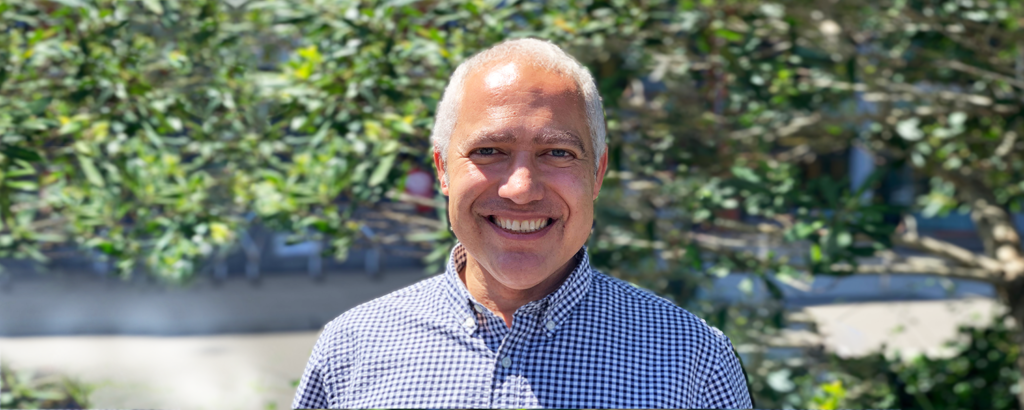A few years ago, Ana Regina from Panama came home from school and told her mother she needed to prepare a presentation about her cochlear implants.
‘When I asked why, her answer was: “I don’t have to; I want to. I asked the teacher to let me explain to the whole group about my hearing loss, so I don’t have to explain to everyone one by one.” To me, that shows a lot of her strength and resilience despite how hard children can sometimes be,’ says her mother, Ana Laura.
Ana Regina received her cochlear implants two days after her second birthday, on International Cochlear Implant Day. Now aged 11, Ana Regina, who has bilateral Cochlear™ Nucleus® 5 Sound Processors, is a confident and popular student at her bilingual school.
But, even for confident children, Ana Laura says it’s still important to take steps to build resilience – and that takes work. In this Q&A, Ana Laura shares what worked for this family.
Q: Why is it important to keep working on self-confidence?
I think building self-esteem is a path rather than an end. My daughter is strong with a lot of self-confidence and has been since she was born. But sometimes, like everyone, she has doubts and doesn’t like being deaf and being different.
Q: What has been your message to Ana Regina?
We have always told Ana that we are all different and with different capacities. Some of us need glasses, others have diabetes, others cannot walk, but we can all thrive and exploit our abilities. We have also educated our children with discipline and helping them demonstrate that they can do things and that I should not do for them what they can do for themselves.
Q: How did you build her listening and language skills?
We did at home what we learned in therapy, every day at the same time. It was all through play. We were always carrying colouring pencils, her notebook, and flash cards. As there were not many resources, we made our own teaching materials, such as drawings depicting certain vocabulary, prints, and puppets. My husband and I believed that there should be discipline and consistency in moments of daily ‘stimulation.’
Constant talking also helped. Her older brother, Luis Gilberto, is very talkative and always encouraged her. Even now he still does it, correcting her and helping her with her mistakes.
Singing was also an excellent learning strategy. Whenever we were in the car or walking or in the supermarket – any time was good to sing and stimulate her language. Ana Regina sang a lot and her paternal grandmother, Yeya, has sung a lot with her. I firmly believe that helped.
Q: What challenges have you faced?
As parents, it’s definitely not easy to accept that we have a child with hearing loss. We have to be gentle with ourselves, live our grief and accept it. If we need help, we look for it and trust that, if that child came to our family, it is because our family has what that baby needs to be well.
Q: Did you take any specific steps as a parent?
I was totally ignorant about hearing loss, but I tried to read and understand it in order to help her. I approached deaf children’s associations, searched the internet for organisations, books, and studied – always with the aim of helping her out.
Q: What message would you give other parents?
We should never think they can’t do something, because they CAN. Let’s tell them they can and help them to do it.




